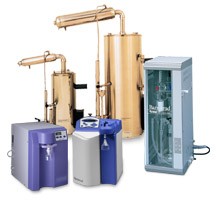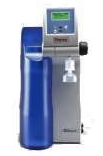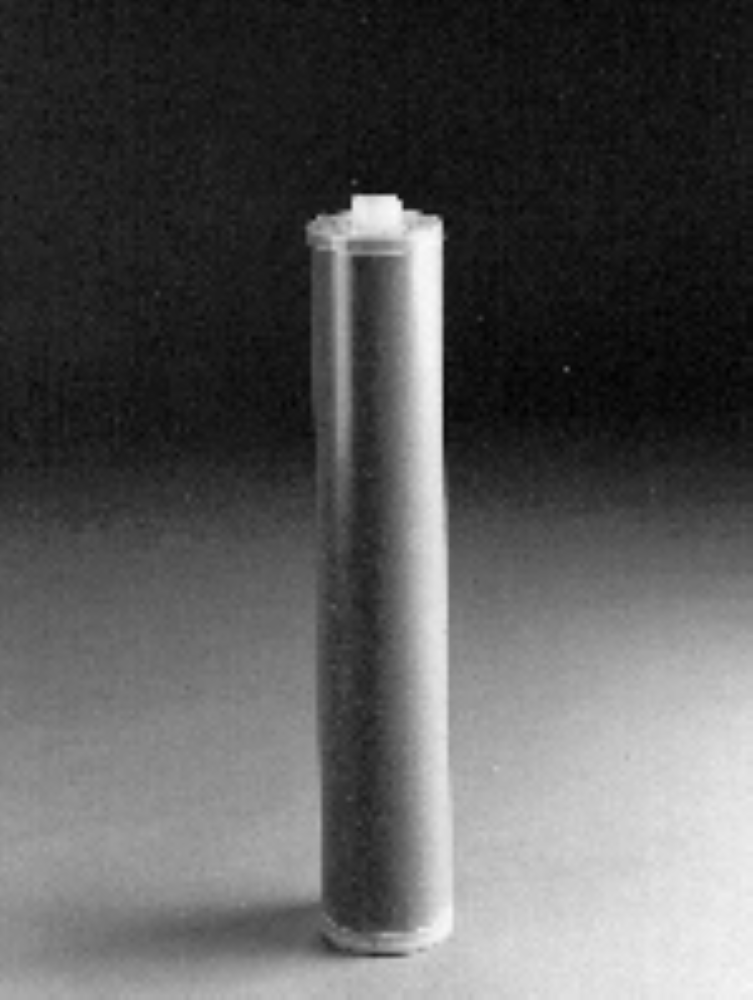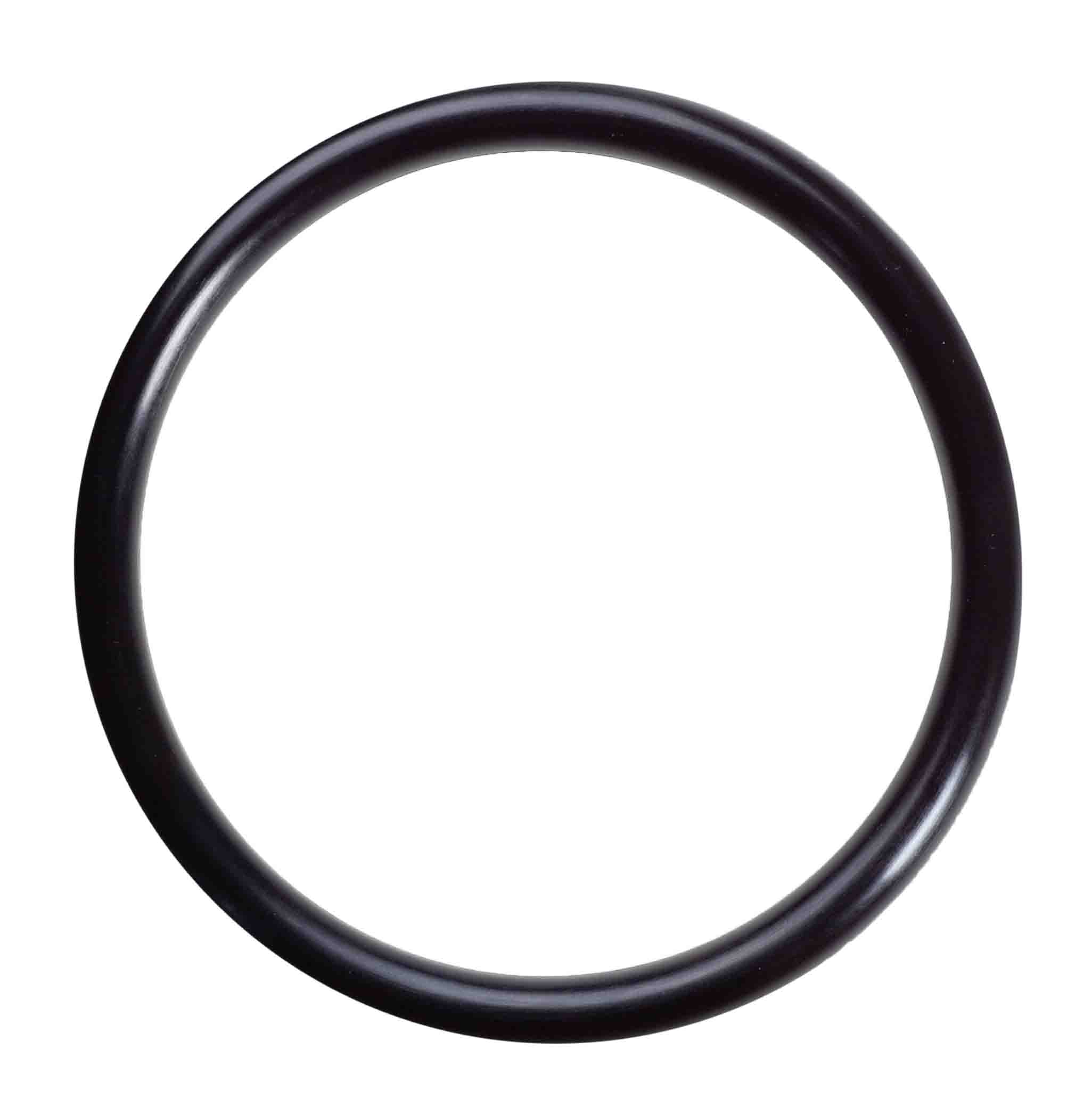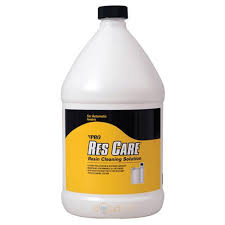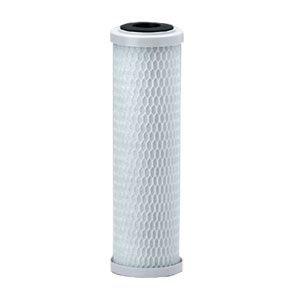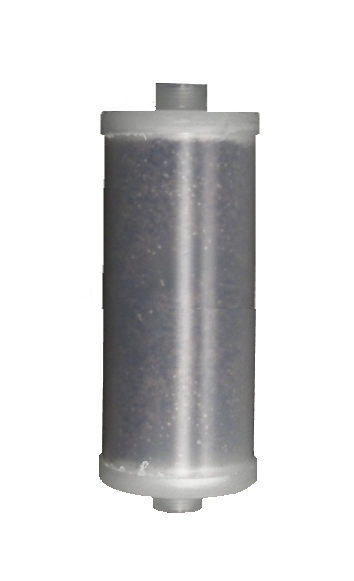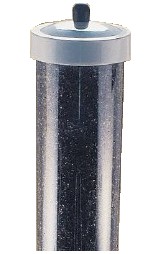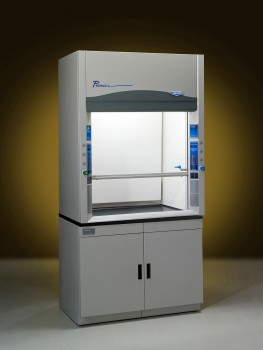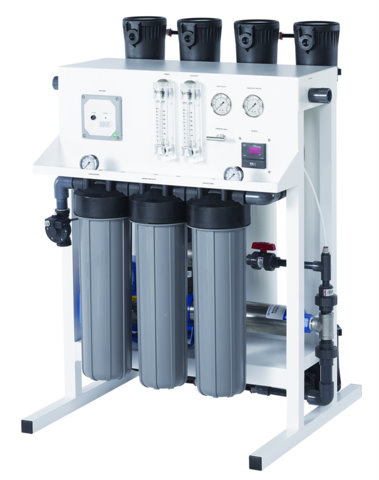The Quick Answer
Most water softener use a high quality FDA food grade Softener Resin.
Unless you have some extraordinary reason, this is the resin you will want to use C-100 E NA Softener Resin.
You can find that here :
Best Resin To useThe full story
As you might have noticed, there is a seemingly endless amount of choices for which water softener resin you need.
There are two basic types of resin we recommend for water softeners.
1.
8% Standard Cation (Pronounced Cat-eye-un)
2.
Fine Mesh ResinActually you have very few choices. Let me explain more.
The first thing you should know is that there is little if any difference between brands of softening resin. It is best to pick the cheapest one within reason. You do not want resin to be dried out or you may have problems with low capacity and high levels of particulates. As the resin dries out it shrinks and fractures into small particles. You do not want to use used resin in a standard softener.
You will find a wide range of pricing for resins, but this it usually just because different companies charge different prices for their brand. More expensive doesn't necessarily mean better quality.
What is percent crosslink?
If you picture a tennis ball that has magnets stuck on the outside and strings that run from wall to wall on the inside, you have a basic ion exchange resin.
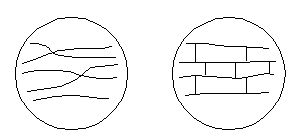
These molecular strings give the resin strength as it contracts and expands during exhaustion/regeneration cycles. Most softening resin have 8% crosslinks and some specialty specialty resins have 10% or higher. Most people would use the 8% resin. The 10% crosslink resins have a little better strength and last a little longer in chlorinated water. Chlorinated water attacks the strings and cause the resin to fragment. Since there are more strings, the resin holds together a bit longer. Our opinion is that the gain in life doesn't make up for the price increase for most homes.
There are two basic types of resin we recommend for water softeners.
1.
8% Standard Cation (Pronounced Cat-eye-un)
2.
Fine Mesh ResinMost water softeners use the standard resins like the
C-100-E Na. Which is for is a Cation Resin, with 8% Cross link that has been pre charged with sodium. This resin is great when you have water with less then 3-5 p.p.m. of dissolved Iron. It will provide very soft water and will last up to 10 or even 15 years depending on your initial water quality.
The other choice is the Fine Mesh Resin. This resin is physically smaller which lets it pack closer together eliminating some air voids. You could picture it comparing a pile of tennis balls to a pile of ping pong balls. The smaller bead gives you a larger overall surface for iron to adhere to.

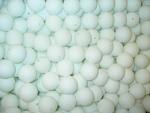
Fine mesh can effectively remove dissolved iron up to 10 p.p.m. Fine mesh resin can also be used in combination with activated carbon to reduce hydrogen sulfide and to improve smell, taste and feel of your water. Fine mesh resin requires a special riser screen with smaller slots or a gravel bed to avoid resin migration.
Related Articles
How Much Media do you need?How To Change Resin In a Water SoftenerAll About Water Softeners